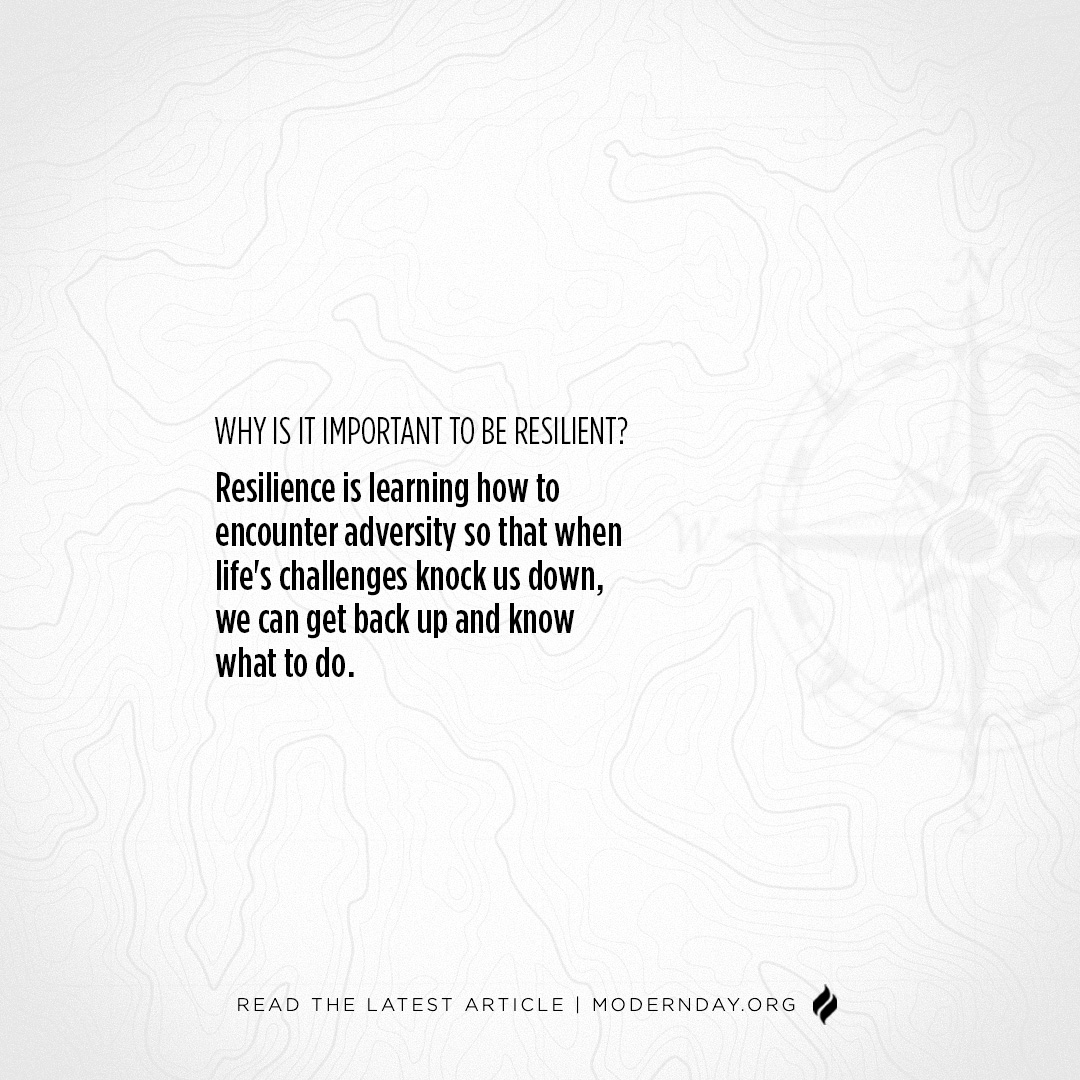By: Raymond Billy
EDITOR’S NOTE: The following is the first in a six-part series about unity in the Body of Christ. The views expressed in this series are the author’s and are not necessarily endorsed by Modern Day Missions.
There has never been a golden age of fealty to Christian orthodoxy. Sound doctrine has had to be defended since the early years of the Church. In his letter to the Christians in the Greek city of Corinth, the Apostle Paul lamented that those believers weren’t putting up a vigorous enough defense of core truths about Jesus.”For if someone comes to you and preaches a Jesus other than the Jesus we preached, or if you receive a different spirit from the Spirit you received, or a different gospel from the one you accepted, you put up with it easily enough,” Paul wrote around A.D. 55.In modern times, perhaps as then, allegiance to the clear, historical teachings of the faith is often sacrificed in favor of “unity.”
For the sake of popular sentiments admonishing harmony among believers, all sorts of aberrant ideas are being accepted, if not embraced, by some Christians. Such ideas include the anti-trinitarianism of Oneness Pentecostalism and the universalist movement which seeks to repudiate the Bible’s prophecies warning of eternal damnation for the unrepentant. It is hazardous for Bible-venerating churches to seek co-existence with these ideas because faulty exegesis usually begets more faulty exegesis.Of course, there is a wide range of viewpoints within Christendom regarding doctrine on issues as important as the nature of salvation, the role of Israel in prophecy and the role and qualifications of clergy. If every Christian was to disassociate with believers who hold views contrary to one’s own, it would be impossible to fulfill Jesus’ prayer that his disciples “be brought to complete unity.”
There should obviously be room for disagreement among believers that does not lead them to sever ties with one another. Thankfully, organizations such as Youth With A Mission (of which I am a part), World Challenge and Campus Crusade for Christ exemplify true brotherhood by undertaking the task of global evangelism within a multidenominational (as opposed to nondenominational) framework. Contrary to popular belief, such cross-sectarian cooperation is not uncommon in the U.S. Some churches and ministry leaders maintain factionalism on certain occasions but reach across “tribal” divisions on others, ostensibly when doing so would not compromise a doctrinal stance they are trying to uphold.
So, when should a single point of disagreement between Christians become a cause of division and when should they be able to link hands in unity despite their differences? To answer these question, one must understand the categories of doctrine — which are clear, although overlapping. One must also bring the same level of discernment to the topic of unity that orthodox Christian ministry leaders have generally brought in recent American history. I’ll begin to expand on that thought in my next post.
If you would like to make a financial contribution to Raymond Billy, CLICK HERE.







